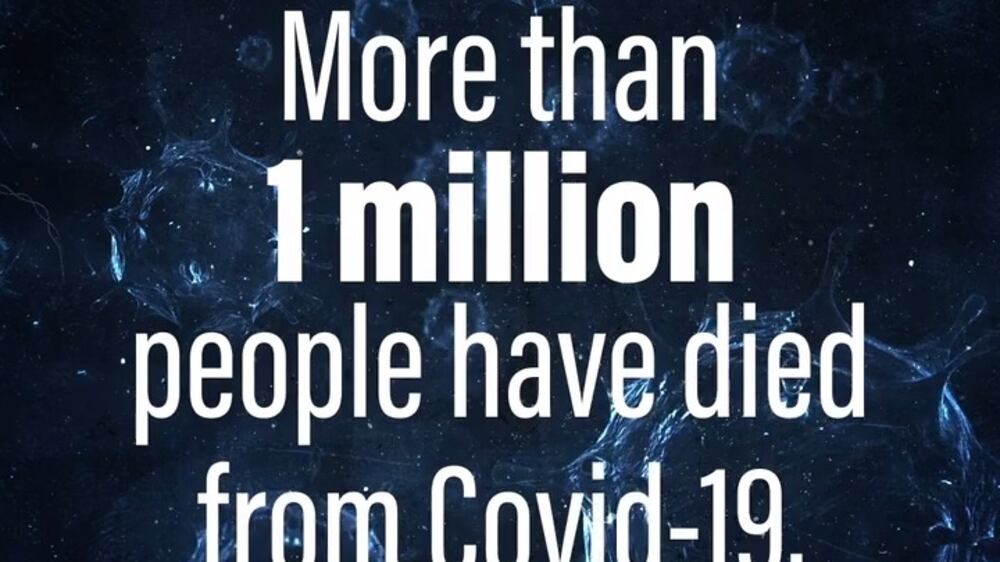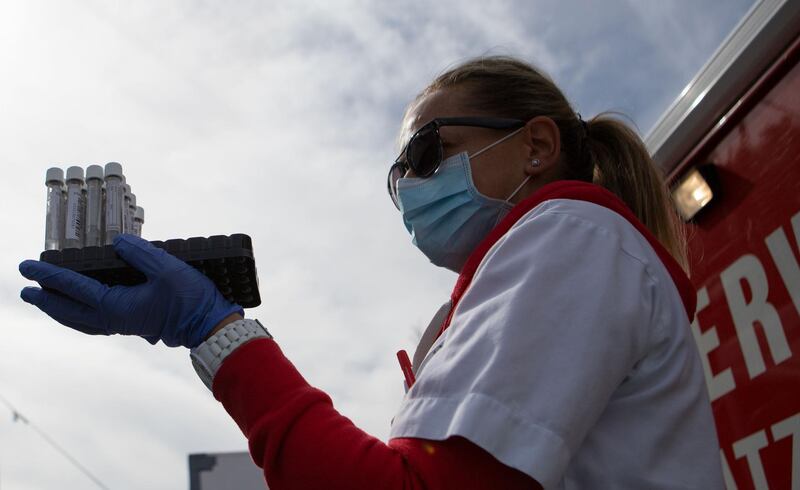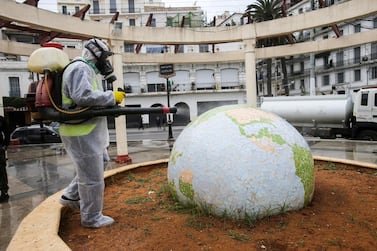Millions of rapid coronavirus tests that give on-the-spot results are about to be rolled out to the world’s poorest countries.
The new antigen tests, which look like a pregnancy test, with two blue lines displayed for positive, cost $5 each - potentially transforming tracking of the virus in poorer countries where healthcare workers are becoming ill in high numbers and there is a lack of laboratories to carry out tests.
The tests look for antigens, or proteins found on the surface of the virus, from a saliva sample. They are delivered on-the-spot, without the need for a laboratory, but are generally considered less accurate than lab-based genetic tests.
The World Health Organisation said the "new, highly portable and easy-to-use test" will provide results in 15 to 30 minutes instead of hours or days.
About 120 million of the new tests will be introduced in 133 countries over six months under the new deal, involving makers Abbott and SD Biosensor, the WHO and the Bill and Melinda Gates Foundation.
Many of the countries will be in South America, the region hardest hit by the virus.
Speaking on BBC's Radio 4 Today programme, University of Bristol infectious disease expert Professor Adam Finn said the roll-out of rapid testing was a huge step forward for poorer countries.
He said he was not unduly worried over accuracy because “the use of a (rapid) test is more reliable than just looking for symptoms in countries where very little testing is going on”.
He said: “A test that can be done really quickly and give a really rapid answer can be enormously valuable in helping reduce transmission of the virus.”
WHO director-general Tedros Adhanom Ghebreyesus said the organisation was hoping to make the tests even cheaper than $5 each in the future.
He said: "This will enable the expansion of testing, particularly in hard-to-reach areas that do not have laboratory facilities or enough trained health workers to carry out tests.
1 million people die of Covid-19

"This is a vital addition to their testing capacity and especially important in areas of high transmission."
Catharina Boehme, chief executive of the Foundation for Innovative New Diagnostics in Geneva, said the deal marked a “major milestone”.
“It is our first line of defence, critical for countries to track, trace and isolate to stop the spread of the virus and to ensure that we are not flying blind,” Ms Boehme said.
“We now have two high-quality tests which are the first in a series that are being developed and assessed by WHO for emergency use listing.
She said the new Covid-19 tests were as simple to use as pregnancy tests.
The Global Fund to Fight AIDS, Tuberculosis and Malaria, also in Geneva, will provide an initial $50 million to the procurement fund and the first orders for the tests, expected to be placed this week, Ms Boehme said.
Mark Suzman, chief executive of the Gates Foundation, said that testing was an essential tool in the fight against the virus.
“We are delighted to join a partnership that will help to ensure that the latest, high-quality diagnostics do not just go to the highest bidder but will be available at an affordable price to the world’s lower income countries," Mr Suzman said.







